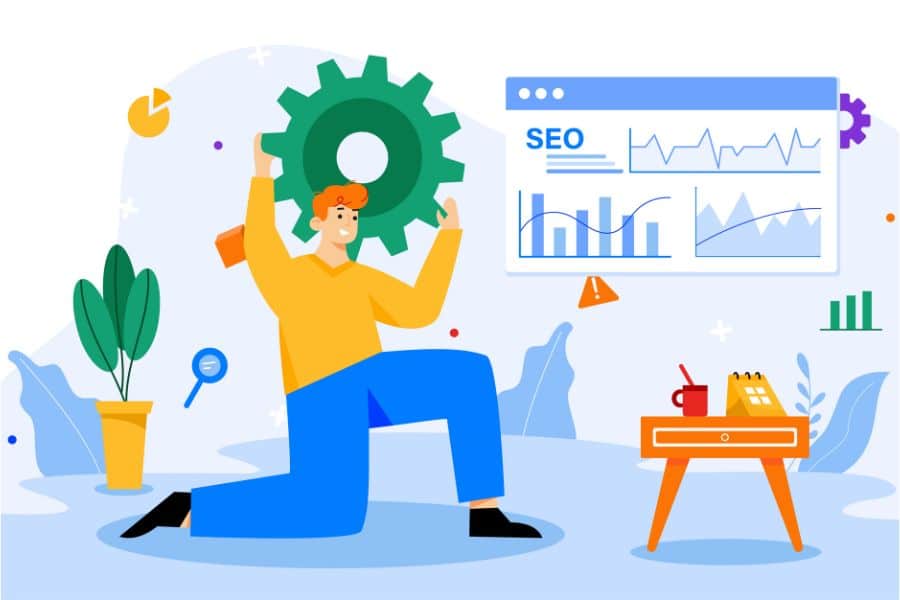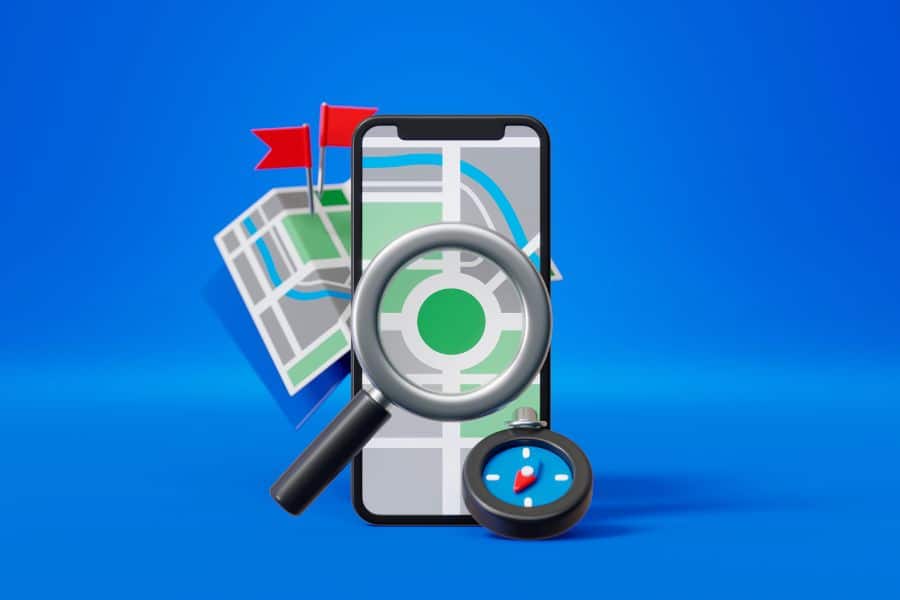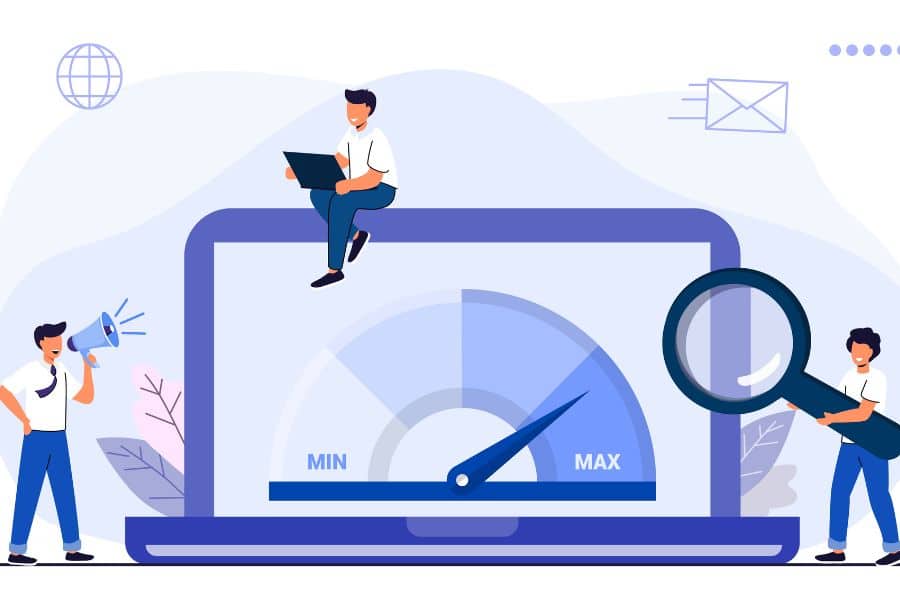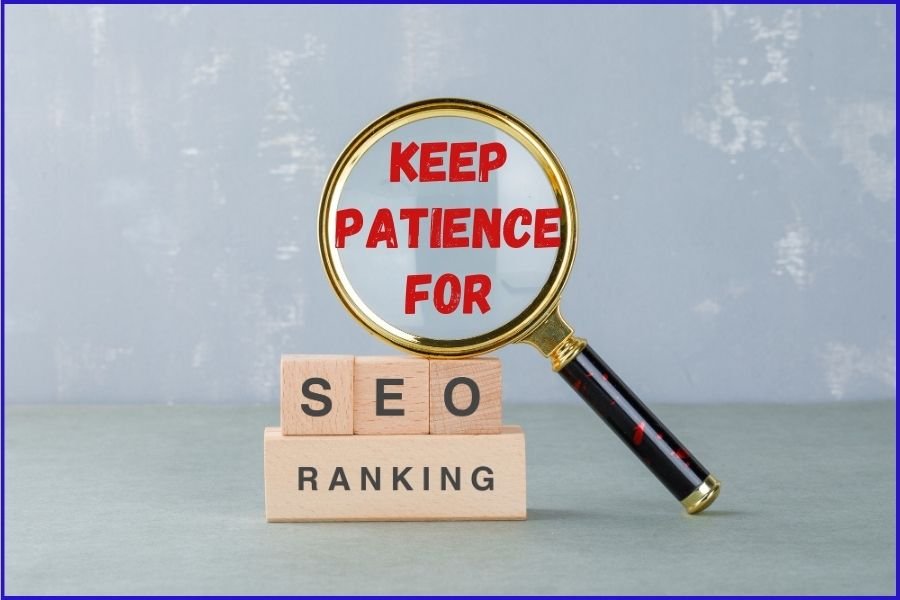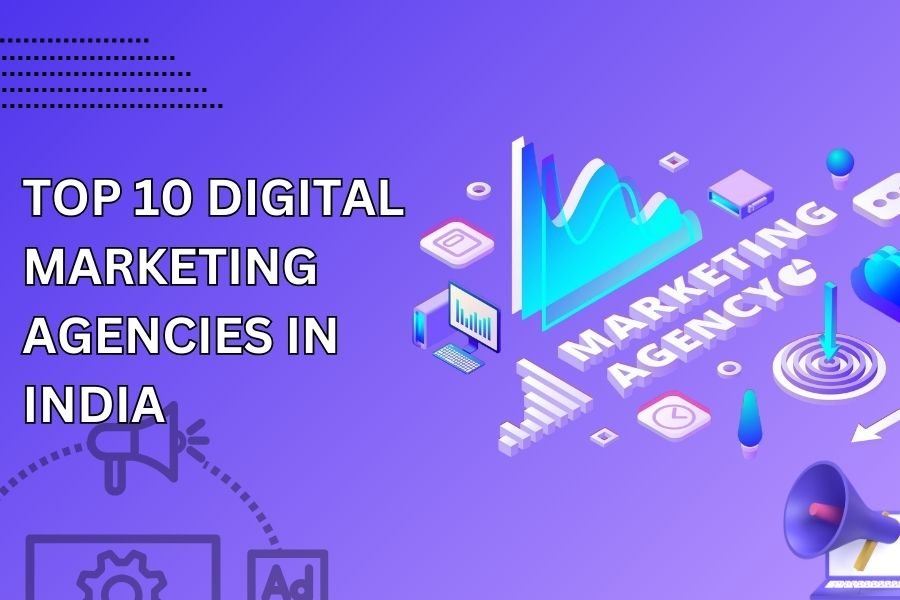The SEO Solution: Optimizing Your Website for Search Engines
Introduction
In today’s digital age, having an online presence is crucial for businesses and individuals alike. Whether you’re a small business owner looking to attract more customers or a blogger aiming to increase your readership, the key to success lies in optimizing your website for search engines. Search Engine Optimization, or SEO, is a powerful tool that can significantly impact your online visibility, traffic, and overall success. In this blog, we will explore the ins and outs of SEO, providing you with a comprehensive guide to optimizing your website and reaching your digital goals.
Understanding SEO
Before delving into the nitty-gritty of SEO, it’s essential to have a solid grasp of what it entails and why it’s crucial for your online success.
What is SEO?
SEO or Search Engine Optimization, is a set of practices and strategies aimed at improving a website’s visibility on search engines like Google, Bing, and Yahoo. When you search for something on the internet, the search engine displays a list of results on the search engine results page (SERP). The goal of SEO is to have your website rank higher in these search results, increasing your chances of attracting organic traffic.
Why is SEO Important?
The significance of SEO cannot be overstated. Here are some compelling reasons why you should prioritize SEO for your website:
- Increased Visibility: SEO helps your website appear at the top of search results, making it more likely for users to click on your site.
- Targeted Traffic: SEO allows you to attract users who are actively searching for information, products, or services related to your content or business.
- Credibility and Trust: Websites that appear at the top of search results are often perceived as more credible and trustworthy.
- Cost-Effective Marketing: Compared to paid advertising, SEO is a cost-effective way to drive traffic to your website.
- Long-term Results: Properly executed SEO can provide long-lasting benefits, unlike some other marketing strategies that yield short-term results.
The Role of Search Engines
Search engines like Google are the gatekeepers of the internet. They use complex algorithms to determine the relevance and quality of websites, making it crucial to understand how they work. Google, in particular, dominates the search engine market, with over 90% of global market share.
Key Ranking Factors
Search engines consider numerous factors when ranking websites. Some of the most critical ranking factors include:
- Content Quality: High-quality, relevant content is the foundation of SEO.
- On-Page SEO: Properly optimizing your website’s individual pages with meta tags, headings, and keyword placement is essential.
- Backlinks: Quality backlinks from reputable websites can significantly boost your rankings.
- Mobile-Friendliness: As mobile device usage increases, a mobile-friendly website is crucial for SEO success.
- Page Speed: Faster-loading pages are favored by both users and search engines.
On-Page SEO
Now that you have a solid understanding of SEO, let’s delve into the first aspect of optimization: on-page SEO. This refers to the elements you can control directly on your website to improve your rankings.
Keyword Research
Keyword research is the foundation of on-page SEO. It involves identifying the keywords and phrases your target audience is likely to search for. Tools like Google Keyword Planner, SEMrush, and Moz can help you discover the most relevant keywords.
Content Optimization
High-quality content is the cornerstone of SEO success. To optimize your content, focus on the following:
- Keyword Placement: Incorporate your target keywords naturally throughout your content, including in the title, headings, and body text.
- Quality and Relevance: Ensure your content is valuable and directly addresses the needs and interests of your audience.
- User Intent: Understand the intent behind a user’s search query and provide content that fulfills that intent.
- Length and Depth: Longer, comprehensive content often performs better in search results.
- Internal Linking: Link to other relevant pages within your website to enhance user experience and SEO.
- Multimedia: Use images, videos, and infographics to enhance your content.
On-Page Elements
Optimize on-page elements like title tags, meta descriptions, and headers. These elements should include your target keywords and provide a concise and accurate description of your content. They play a crucial role in click-through rates (CTR) on the search results page.
URL Structure
Create clean, concise, and descriptive URLs that include relevant keywords. This not only aids in SEO but also enhances user experience.
Mobile Optimization
With the increasing use of mobile devices, it’s vital to have a responsive and mobile-friendly website. Google prioritizes mobile-friendly sites, and mobile optimization is now a crucial ranking factor.
Off-Page SEO
While on-page SEO focuses on elements within your website, off-page SEO looks at external factors that influence your site’s performance in search engine rankings.
Backlinks
Backlinks, also known as inbound links, are links from other websites to yours. They are a powerful ranking factor because they indicate that other websites trust and find value in your content. However, not all backlinks are created equal. Quality is more important than quantity. High-quality, authoritative websites linking to your content carry more weight with search engines.
Link Building
Link building is the practice of actively seeking out and acquiring backlinks to your website. Some legitimate and effective link-building strategies include guest posting on relevant websites, reaching out to industry influencers, and creating shareable content.
Social Signals
While the direct impact of social signals on SEO is debated, there’s no denying that social media can drive traffic to your website and increase brand visibility. Sharing your content on social platforms can indirectly benefit your SEO efforts.
Online Reputation Management
Your online reputation matters. Reviews, mentions, and comments about your brand or business can affect your rankings. It’s essential to manage your online reputation by responding to reviews, addressing complaints, and actively engaging with your audience.
Technical SEO
Technical SEO focuses on the behind-the-scenes aspects of your website that impact its performance in search results. It’s essential to ensure that your website is crawlable and indexable by search engines.
Site Speed
Page load speed is a crucial factor for SEO. Slow-loading pages can result in a poor user experience and lower rankings. Use tools like Google’s PageSpeed Insights to identify and fix speed issues.
XML Sitemaps
An XML sitemap is a file that helps search engines understand the structure and content of your website. By submitting your sitemap to search engines, you make it easier for them to crawl and index your site.
Robots.txt File
The robots.txt file allows you to control which parts of your website search engines can crawl and index. Proper configuration of the robots.txt file is crucial to avoid indexation of sensitive or duplicate content.
HTTPS and Security
Secure websites with HTTPS are favored by search engines. Ensure your site is secure to improve user trust and SEO rankings.
Mobile Optimization
As mentioned earlier, mobile optimization is essential for SEO. Use Google’s Mobile-Friendly Test to check your website’s mobile compatibility and make necessary adjustments.
Local SEO
If you run a local business, local SEO is crucial for attracting nearby customers. This chapter covers the strategies and practices that can help your business thrive in your local area.
Google My Business
Claim and optimize your Google My Business (GMB) listing. This allows you to appear in local search results and on Google Maps. Ensure your GMB profile is complete with accurate information, reviews, and high-quality images.
Local Keywords
Target local keywords and phrases in your content. For example, if you run a bakery in New York City, use keywords like “best bakery in NYC” to attract local customers.
Online Reviews
Encourage satisfied customers to leave positive reviews on platforms like Google, Yelp, and TripAdvisor. Online reviews can significantly impact your local SEO.
NAP Citations
Ensure that your business’s Name, Address, and Phone Number (NAP) is consistent across all online directories and listings. Inaccurate information can harm your local SEO efforts.
Measuring and Monitoring SEO Success
Optimizing your website for search engines is an ongoing process. To gauge your success and make improvements, you need to measure and monitor your SEO efforts.
SEO Analytics
Use tools like Google Analytics and Google Search Console to track your website’s performance. Monitor key metrics such as organic traffic, click-through rates, bounce rates, and conversions.
Keyword Rankings
Track your keyword rankings over time to see how your website is performing in search results. Various tools and software can help automate this process.
Backlink Monitoring
Monitor your backlinks to ensure they are high-quality and relevant. Disavow toxic backlinks that could harm your SEO efforts.
Regular Audits
Perform regular website audits to identify and fix issues that may be affecting your SEO, such as broken links, duplicate content, and technical errors.
Conclusion
At RK Media, we understand the immense potential that Search Engine Optimization holds in today’s digital landscape. We have witnessed countless individuals and businesses transform their online presence by harnessing the power of SEO. Through this comprehensive guide, we’ve highlighted the various aspects of SEO, from on-page and off-page optimization to technical SEO and local SEO.
In the world of SEO, success is not solely determined by implementing a single strategy but rather by combining various tactics to create a holistic and effective approach. With the right knowledge and dedication, anyone can optimize their website for search engines and reap the rewards of increased visibility, targeted traffic, and improved online credibility.
At RK Media, we believe that staying updated with the latest SEO trends and algorithms is crucial. As search engines evolve, so too must your SEO strategy. We encourage you to keep learning and adapting to the ever-changing digital landscape to maintain and improve your online rankings.
Remember, SEO is not a one-time endeavor but an ongoing process. Consistency, patience, and an unwavering commitment to delivering valuable content and a seamless user experience are the keys to SEO success. We at RK Media are here to support you on your SEO journey, providing guidance, expertise, and the latest insights to help you achieve your digital goals.
Thank you for joining us in this exploration of the SEO solution. We look forward to witnessing your website’s growth and success as you implement the strategies and best practices outlined in this guide. If you ever have questions or need further assistance, feel free to reach out to RK Media. Your success is our priority, and we’re here to help you unlock the full potential of your online presence through effective SEO.
Image Reference: Freepik
Disclaimer: All trademarks, logos, and brand names are the property of their respective owners. All company, product, and service names used in this website are for identification purposes only. Use of these names, trademarks, and brands does not imply endorsement.





